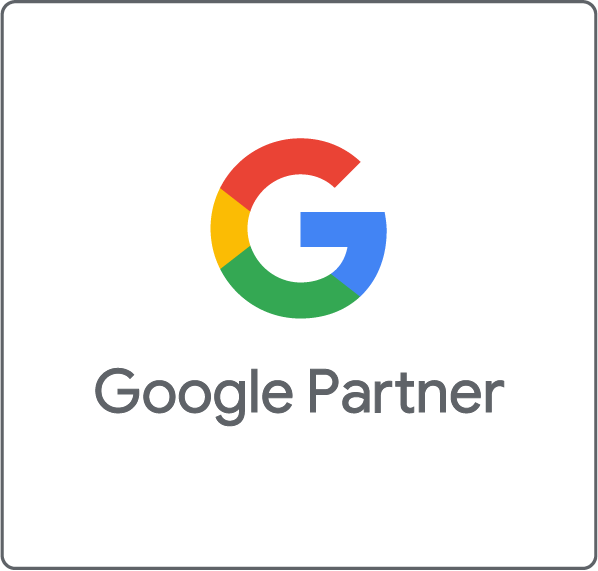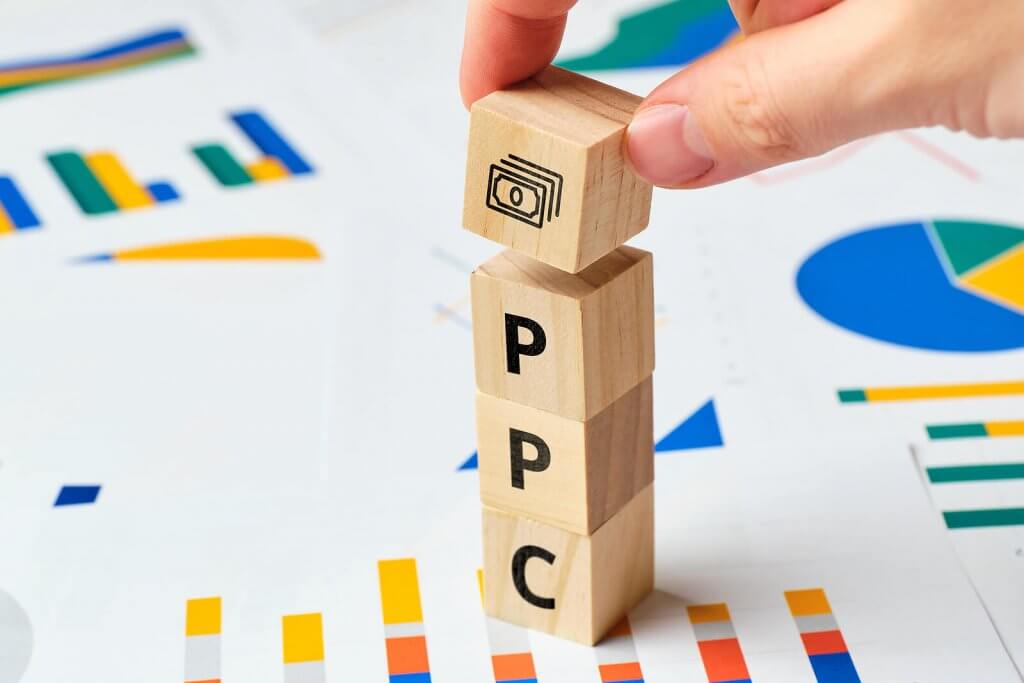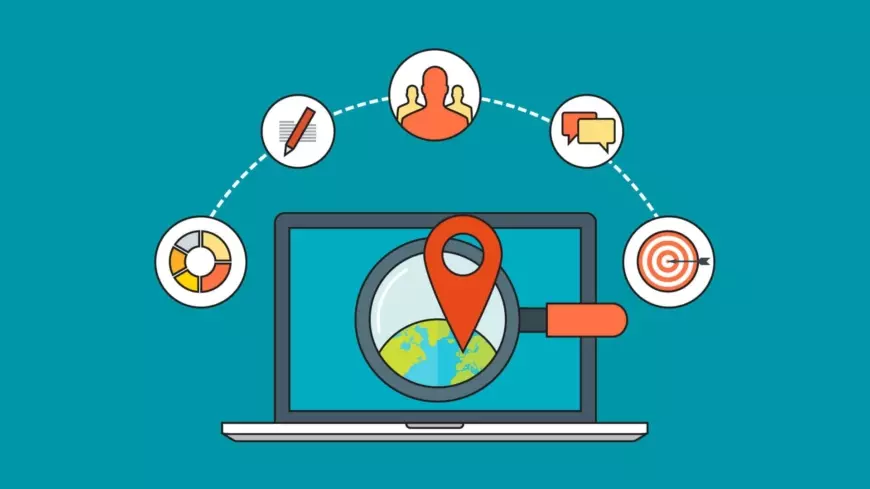
What Is Dynamic Website Personalisation?
Dynamic Website Personalisation or DWP is the process of serving different messages to different users on your website. This could be determined by the users location, number of visits to the site, time of day, where the visitor came from (traffic source) or how the visitor interacts with your website previously. As a professional web development agency in Sydney we are sharing some basic information here.
Dynamic Website Personalisation can be highly useful when it comes to marketing. Businesses use website personalisation probably more than you realise.
The most obvious example of website personalisation is when you sign in as a member on an ecommerce site. The site you see after logging in will be different to the one you view as a generic visitor. Not only will you have links to your personal shopping cart and previous orders but you may also be shown recommended products based on your shopping and browsing history.
Cookies are another way to personalise content. These files are downloaded to the user device and store information, which may include personal details such as name and address, site viewing preferences, or browsing behaviour.
Reading information from a cookie could allow your website to greet a user by name. It can serve up other personalised content just as you would for a user in your database. The main difference is that cookies are stored on the client device and can be read automatically. The user does not have to physically log in as a registered user to see the personalised content.
Cookies can also be used to track user behaviour across different websites. This is where they start to be really powerful for digital marketing purposes. For example, you could keep track of products that a particular user has clicked on and then use that information to serve up a personalised advert on the user’s Facebook page.
Personalisation can also be used in a more simplified way. For example if a visitor to your website is using a mobile device you can determine how close they are to your brick and mortar store front. You could have a message pop up that instructs visitors who are within a 2km radius to come visit your store in person.
Another example would be to display a contact message to a visitor who has come back to your site a second or third time.
Personalisation is really where digital marketing shines compared to more traditional marketing methods. Rather than presenting generic content and hoping that it appeals to a small section of your audience, you can customise everything to the individual, making it more relevant and therefore making the user more likely to convert. It comes down to being able to create a more sophisticated user experience, one that is more worthwhile and useful to the customer, and more likely to keep them engaged.
75% of consumers are more likely to buy from a retailer that greets them by name and gives personalised recommendations and 59% say that personalisation influences their shopping decisions.
When you pick a CMS for your website make sure it has personalisation capabilities.
Related Tag: Digital Marketing Services Newcastle

















